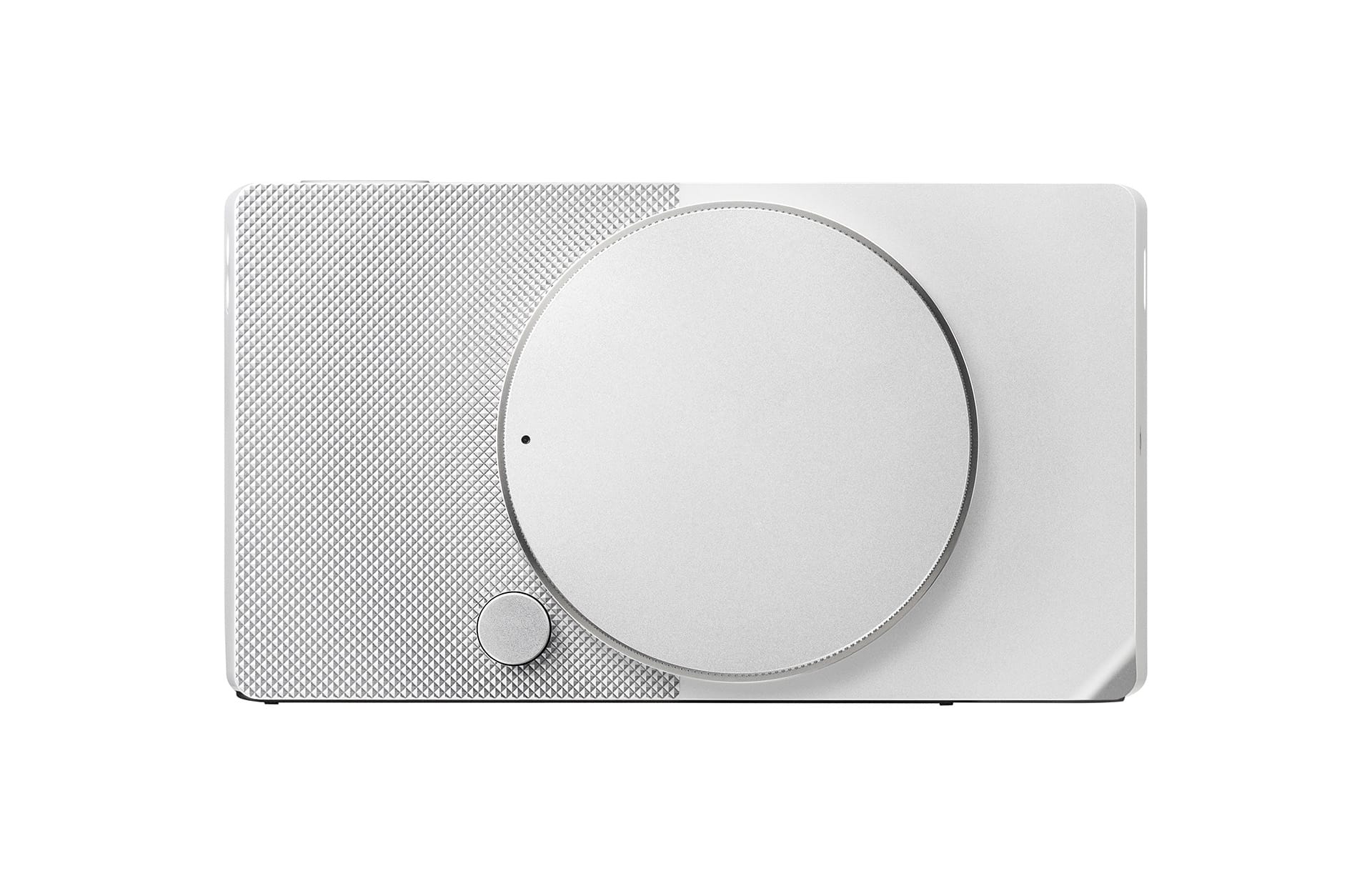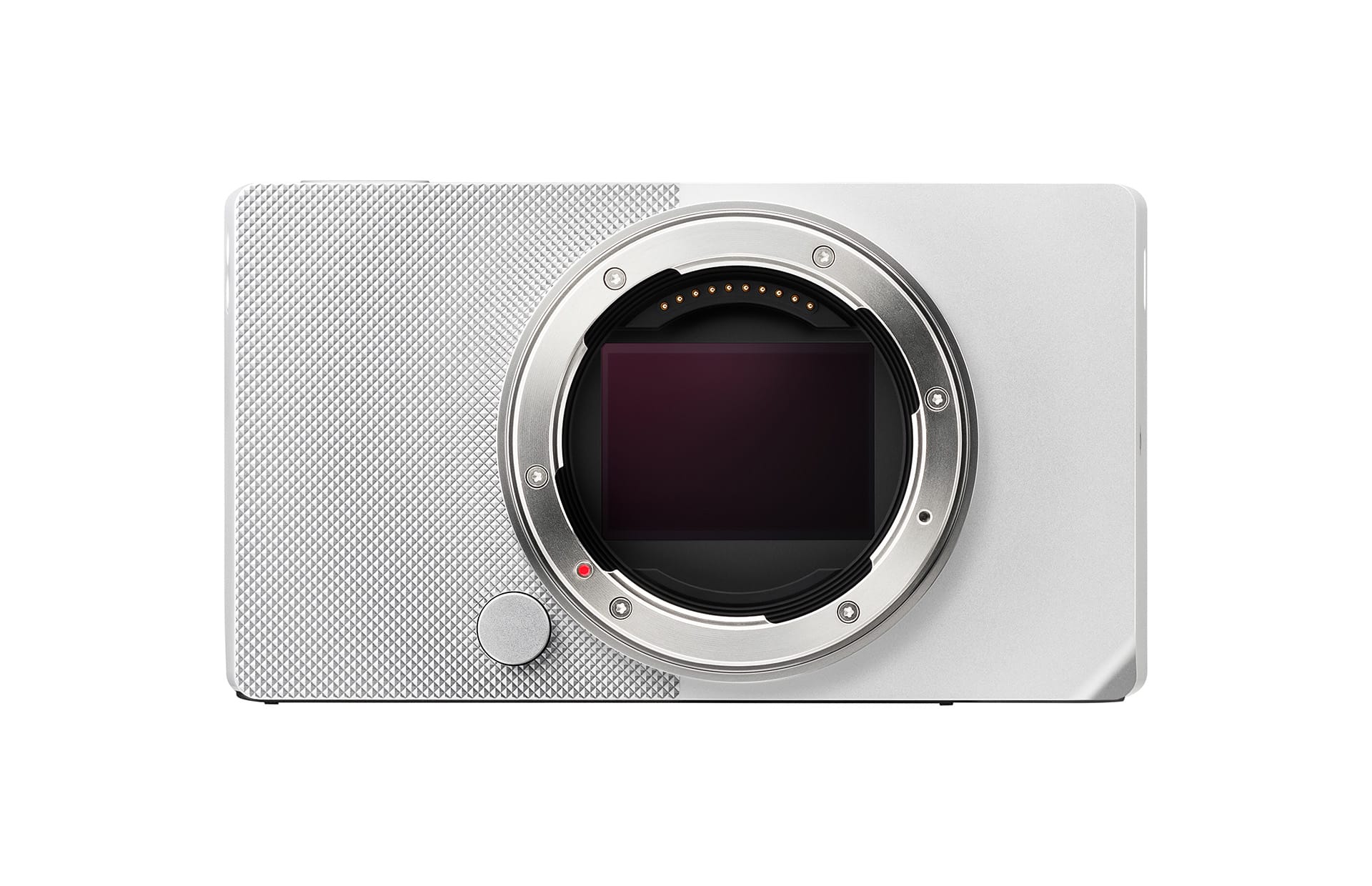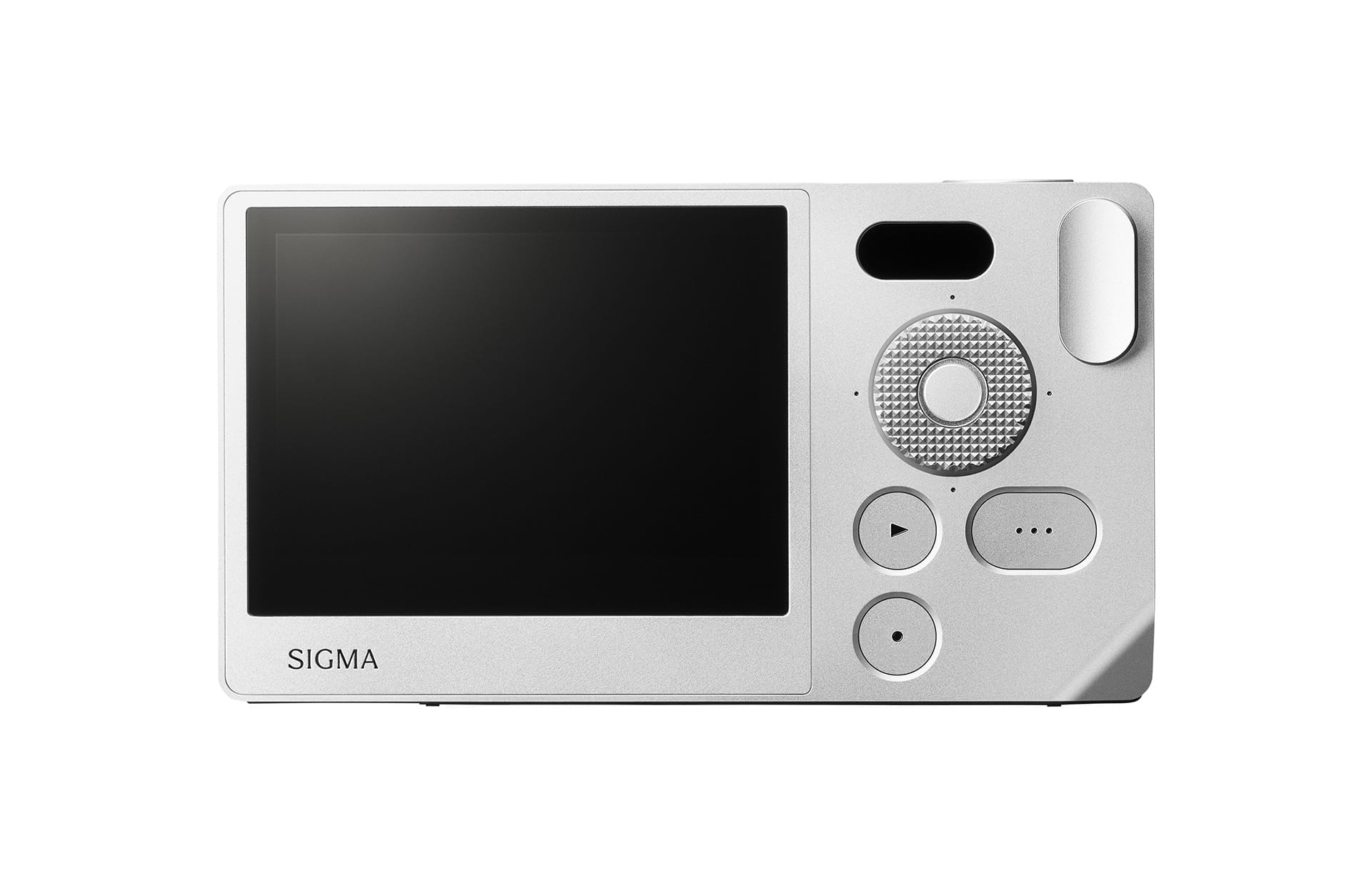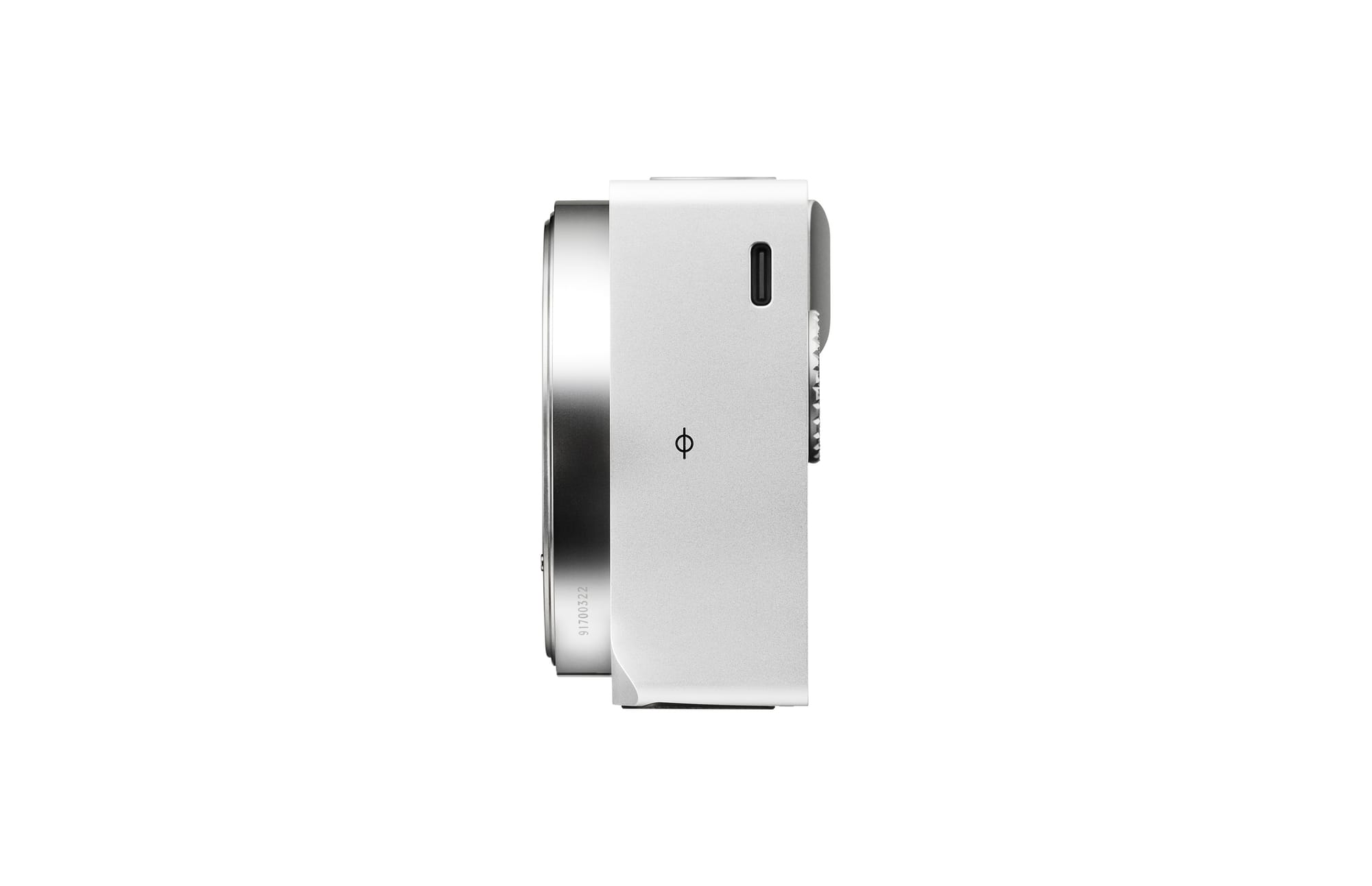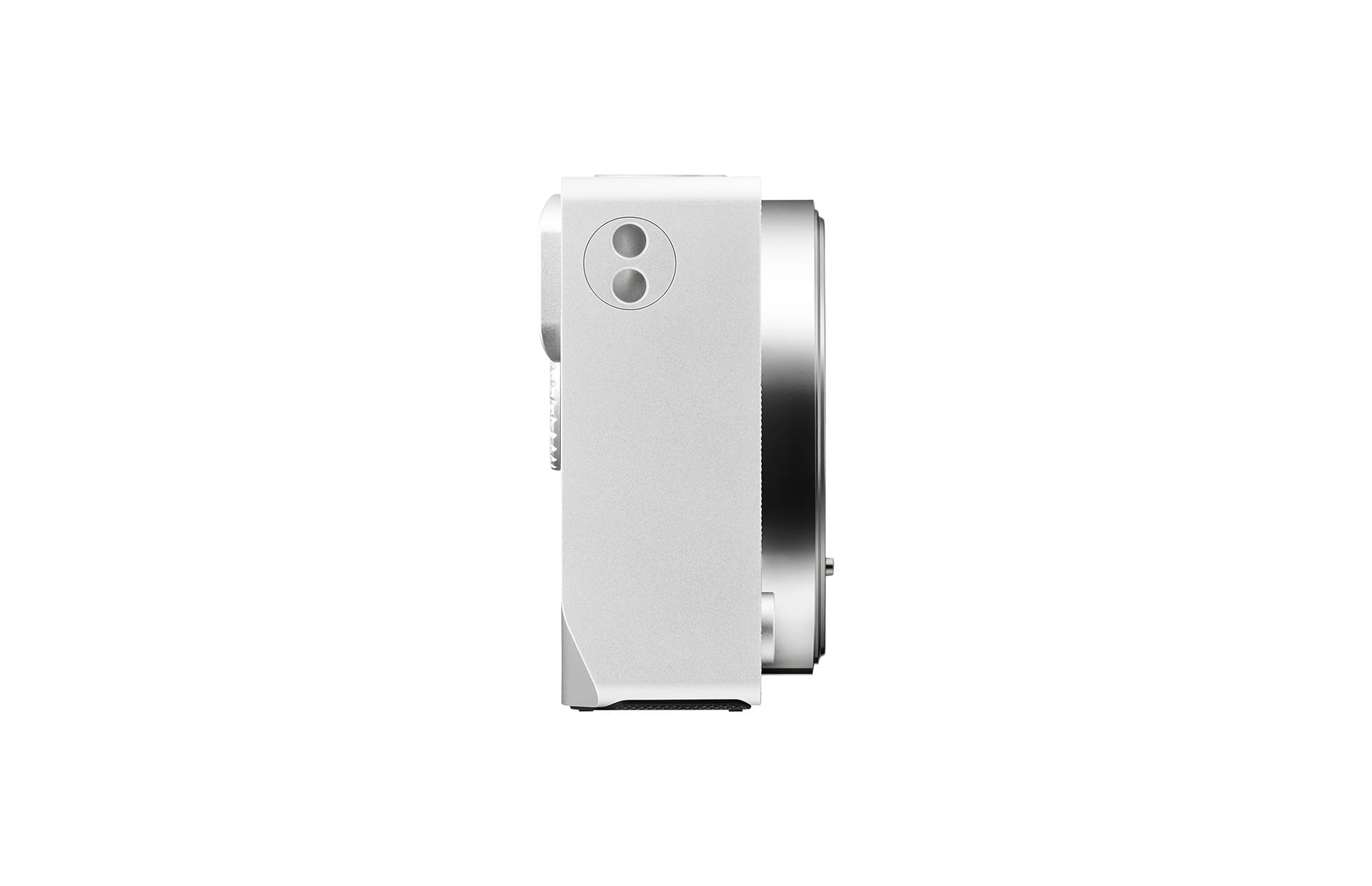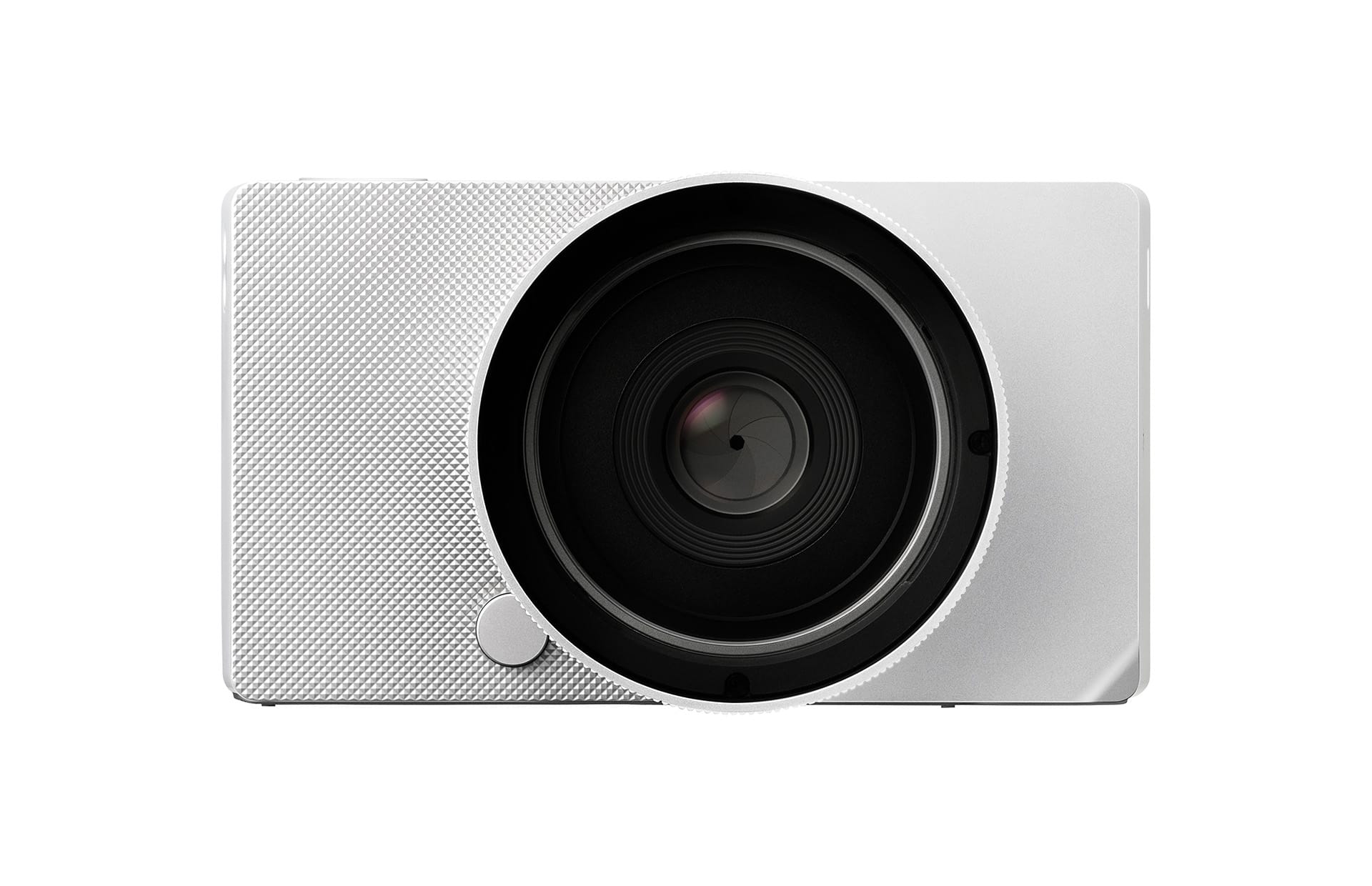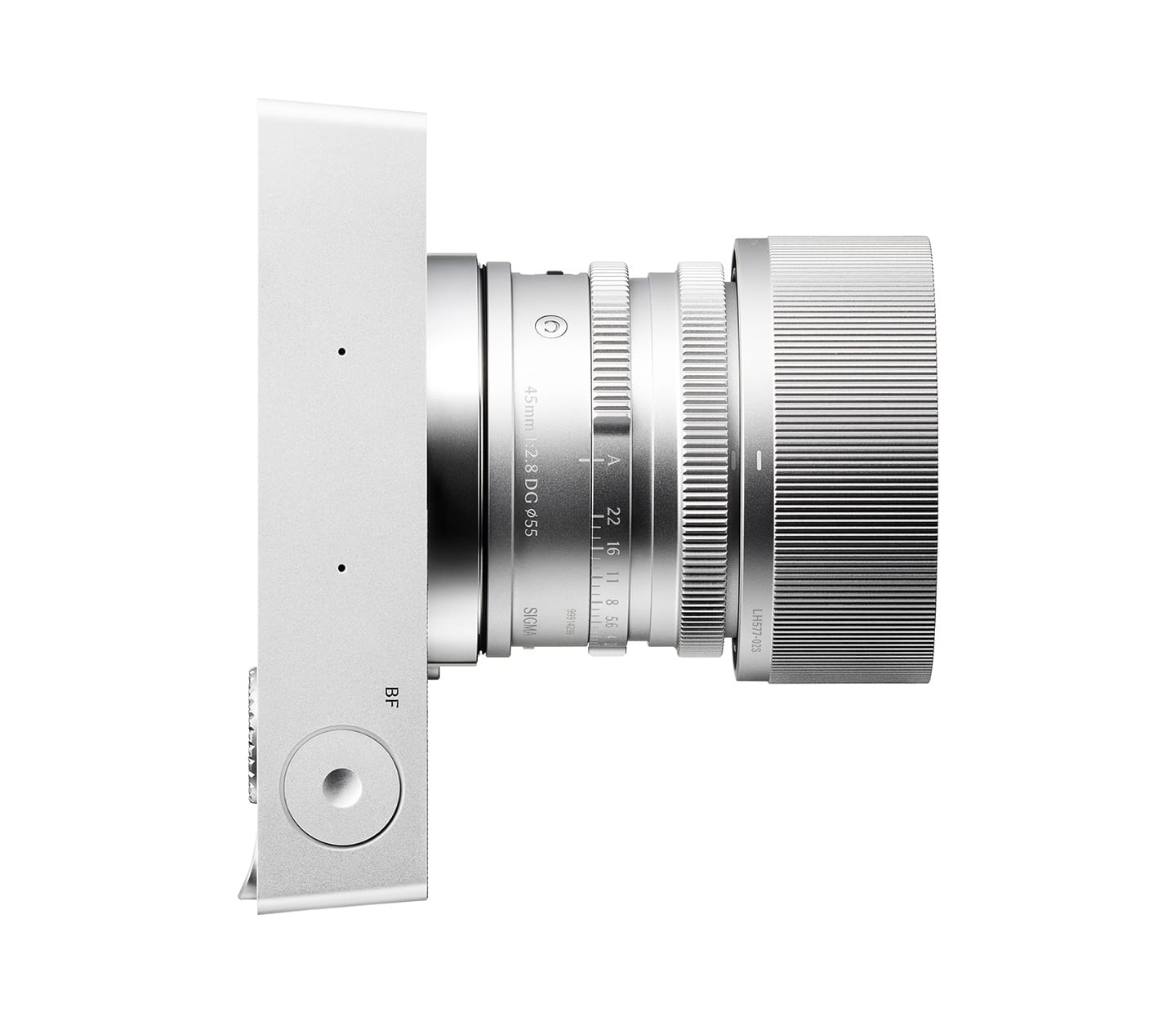As someone who’s been shooting with the Sigma fp since 2019, I’ve been eagerly following Sigma’s latest moves in the camera world, and the upcoming Sigma BF has me genuinely excited. I’ve yet to hold or see this new camera in person—everything I know comes from the buzz and specs trickling out—but already, it feels like it could be the next big thing for me as a photographer who loves pairing Leica M lenses with compact, innovative bodies. The fp has been my trusty companion for years now, and I’m still captivated by its minimalist design, full-frame sensor, and the way it brings out the character of my Leica glass. So, naturally, I’m itching to see how the BF builds on that legacy.
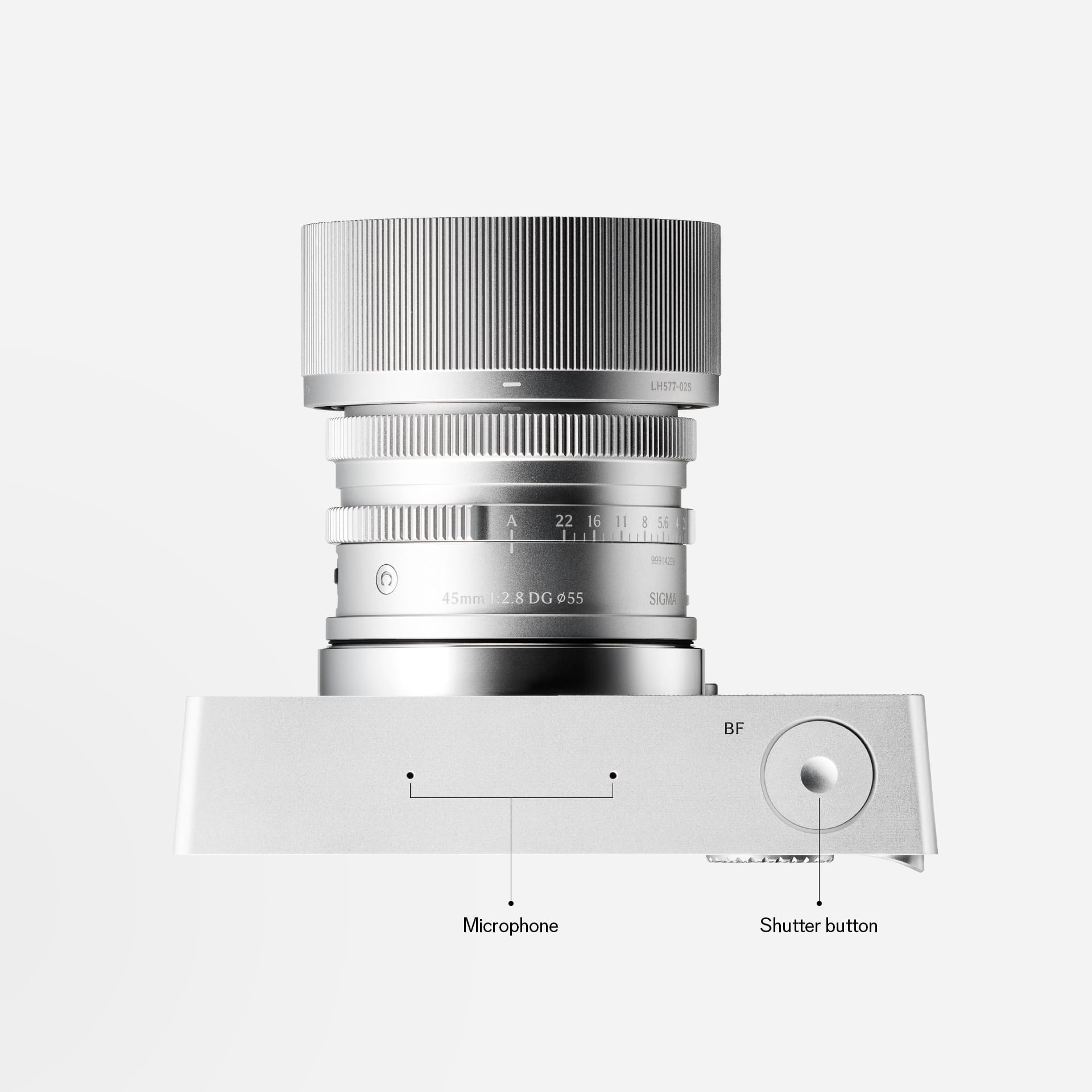
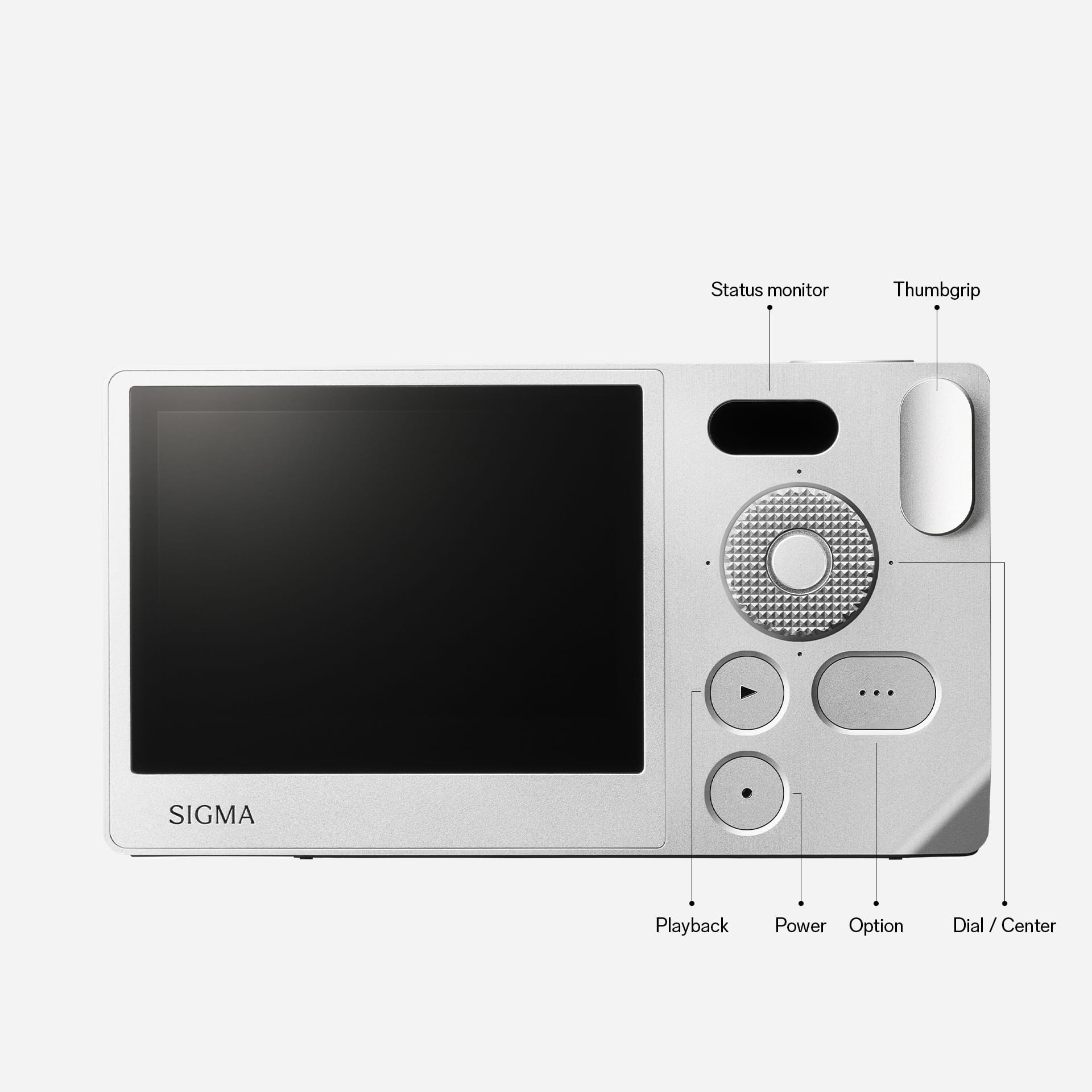
From what I’ve gathered, the Sigma BF—unofficially dubbed “Beautiful Foolishness”—is carved from a single block of aluminum, promising a sleek, robust feel that could rival the fp’s solid yet lightweight build. I’ve always appreciated how the fp’s die-cast aluminum body feels in hand, tough enough for real-world use but small enough to slip into a pocket. The BF, with its unibody design and a weight of just 446g, seems to take that portability to another level, which has me dreaming of an even more seamless shooting experience with my M lenses—like my 35mm Summicron (v4 KOB) or 50mm Summilux—attached via an adapter. The fp already handles these lenses beautifully, delivering crisp, rich files with that full-frame depth, and I’m hopeful the BF’s 24MP BSI CMOS sensor will keep that tradition alive, maybe even refine it.
What’s got me particularly intrigued is the BF’s “radically simple” approach. The fp already stripped things down with its electronic shutter and no-frills layout, but the BF takes it further—three buttons, a dial, and a touchscreen interface. As someone who’s grown comfortable with the fp’s quirks (like navigating its menu for manual focus tweaks), I’m curious how this minimalist control scheme will feel in practice. Will it streamline my workflow even more, letting me focus purely on framing and shooting? I’ve loved the fp’s lack of a mechanical shutter for its silence and simplicity, and knowing the BF follows suit has me excited to test it in quiet street scenes or intimate portraits where discretion is key.
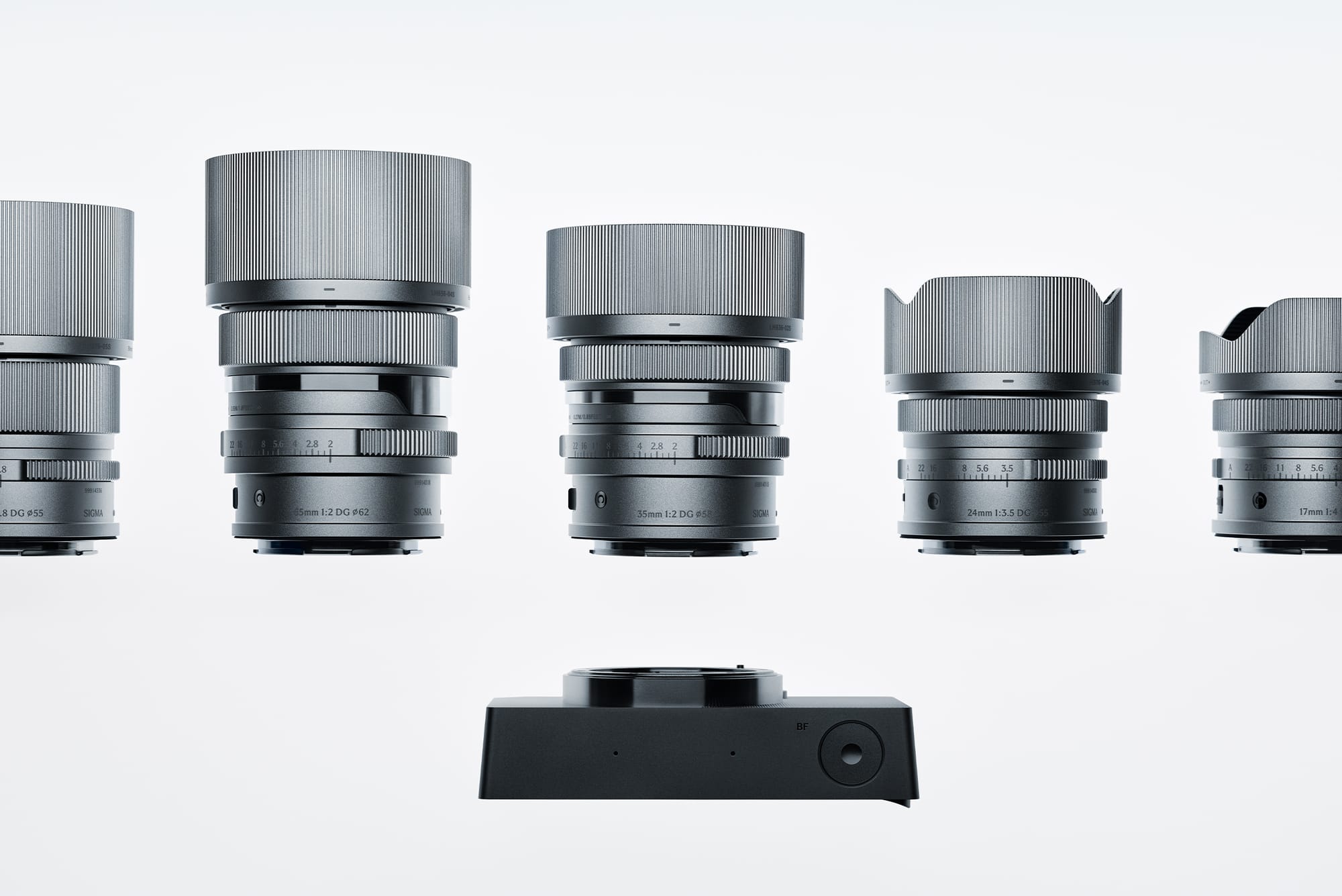
The BF’s L-mount compatibility is another big draw for me. The fp opened up a world of possibilities with the L-mount alliance, letting me adapt my Leica M lenses effortlessly while also tempting me with Sigma’s own optics. The BF promises the same flexibility, and with Sigma teasing new silver I-series primes to match its aesthetic, I’m already imagining how a sleek 35mm f/2 might pair with it. My fp has been a perfect match for Leica’s compact rangefinder lenses, and I’m betting the BF—being even smaller—could make that combo feel like an extension of my hand.
Of course, I’ve got questions since I haven’t touched it yet. The fp’s lack of stabilization and viewfinder took some getting used to, and with the BF skipping an EVF option too, I wonder how I’ll adapt to its fixed screen in bright light. But the 230GB of internal memory—no SD card needed—sounds like a game-changer for someone like me who’s always juggling cards mid-shoot. And those 13 color modes? I can’t wait to play with them and see how they vibe with the Leica look I love.
I’ve stuck with the fp all these years because it’s a camera that grows with you, rewarding patience with stunning results. The Sigma BF feels like it’s cut from the same cloth but polished into something even more daring. I’m counting the days until I can get my hands on one—probably in silver to match my lenses—and take it for a spin. If it lives up to the hype, it might just be the perfect evolution of everything I’ve loved about the fp since 2019. Here’s hoping it hits shelves soon, because I’m ready to add it to my kit and see where this “beautiful foolishness” takes me next.
